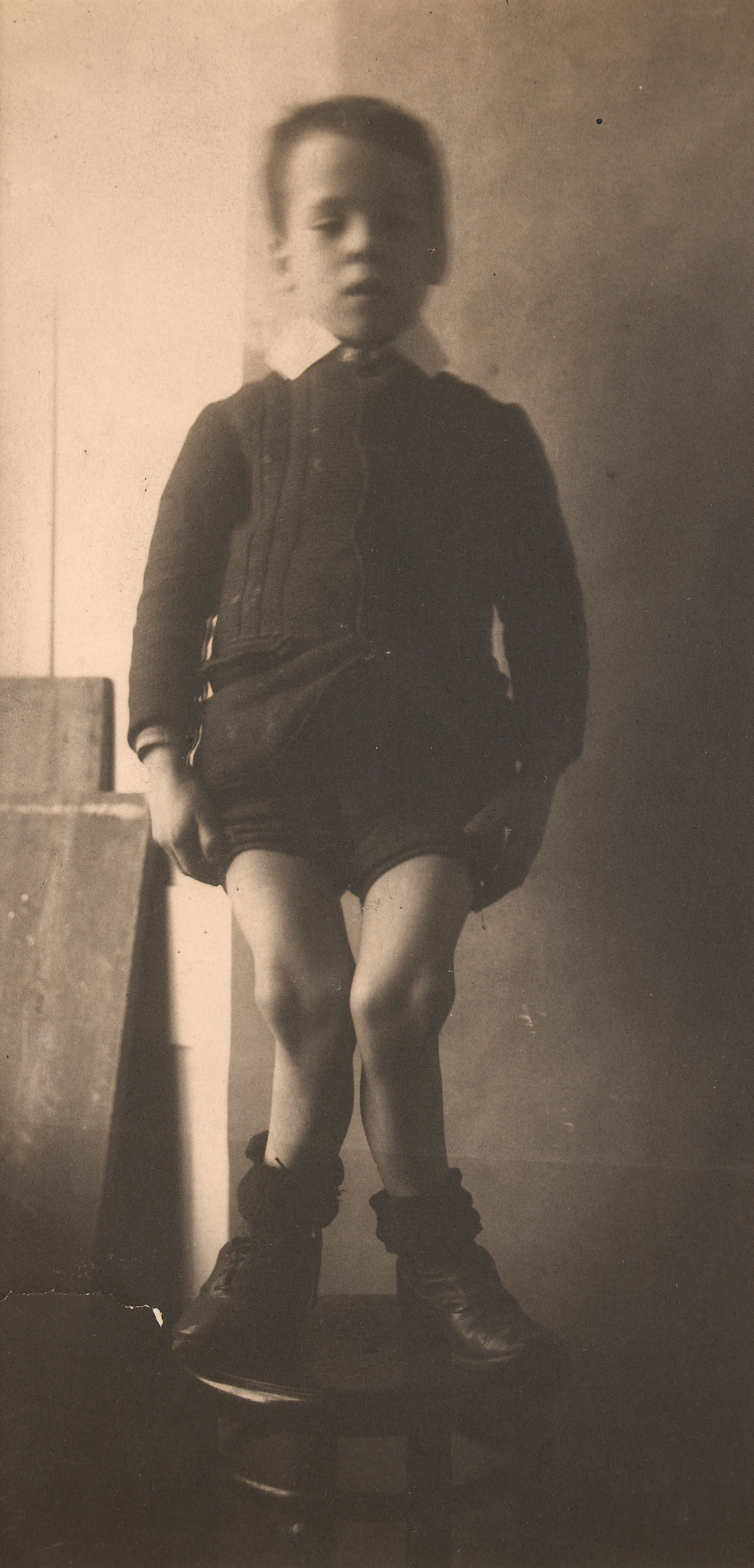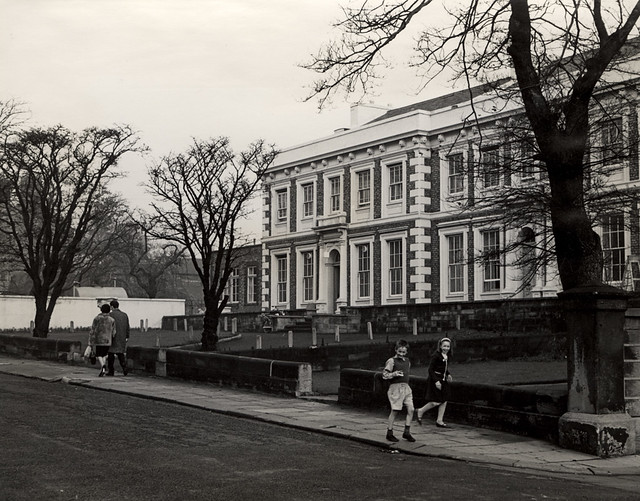What happens when children don’t get enough calcium over extended periods of time? They end up suffering from rickets, a defective calcification of bones in immature mammals which can lead to fractures and deformity because of “soft” bones. The predominan

-
Description
What happens when children don’t get enough calcium over extended periods of time? They end up suffering from rickets, a defective calcification of bones in immature mammals which can lead to fractures and deformity because of “soft” bones. The predominant cause is a vitamin D deficiency, but lack of adequate calcium in the diet may also lead to rickets. Today is a special day for vitamin D because the researcher who, amongst other vitamins, discovered vitamin D was born today, 3. March 1879 in Kansas, USA. Say happy birthday to biochemist Elmer Verner McCollum. Obviously, the Danish sun has forgotten all about this day as it refuses to shine light on us so that we can get our daily dose of the vitamin: synthesis of vitamin D in the skin is the major natural source of the vitamin although some foods also contain it. Vitamin D is responsible for enhancing intestinal absorption of calcium, iron, magnesium, phosphate, and zinc. #medmus #vitaminD #rickets #ucph --via Instagram http://ift.tt/1njnQpH" rel="noreferrer nofollow">ift.tt/1njnQpH -
Owner
medicalmuseion -
Source
Flickr (Flickr) -
License
What does this mean? All Rights Reserved (Seek permission to reuse)
-
Further information
Link: https://www.flickr.com/photos/53284874@N02/24845692583/
Resource type: Image
Added by: Splat
Last modified: 1 year, 7 months ago
Viewed: 440 times
Picture Taken: 2016-03-03T16:11:10 -
Co-Curate tags








